21 years...
a timeline of achievements
June 1998
June 1998
$50 million project receives government and philanthropic backing
IMB is officially given the green light following funding commitments from the State and Federal Governments, UQ and a transformational gift from the Atlantic Philanthropies.
March 1999
March 1999
Winning design announced for bioscience precinct
The winning design is announced for the Queensland Bioscience Precinct, a joint UQ-CSIRO project with a gross floor area of 35,000 square metres, the same floor space as many 30+-storey office blocks.
January 2000
January 2000
The birth of an institute
Two previous centres – the Centre for Molecular and Cellular Biology and the Drug Design and Development Centre are officially merged to become the Institute for Molecular Bioscience.
21 May 2003
21 May 2003
Queensland research powerhouse unveiled
Queensland Bioscience Precinct is officially launched as the largest research facility in Australia, bringing together 700 scientists from IMB and CSIRO.
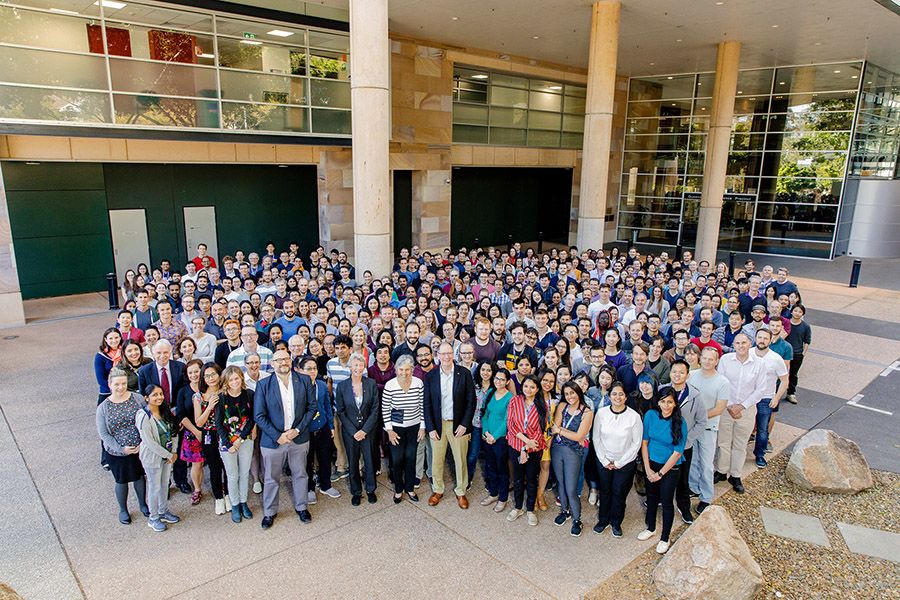
May 2004
May 2004
Scientists discover what could be the instruction manual of life
IMB scientists uncover a new class of genetic elements that could radically alter our notion of how the genome ‘comes to life’ to form humans.
November 2005
November 2005
Breaking new ground in fight against infection and chronic disease
IMB researchers make a vital discovery about how immune cells orchestrate their response to disease-causing microbes.
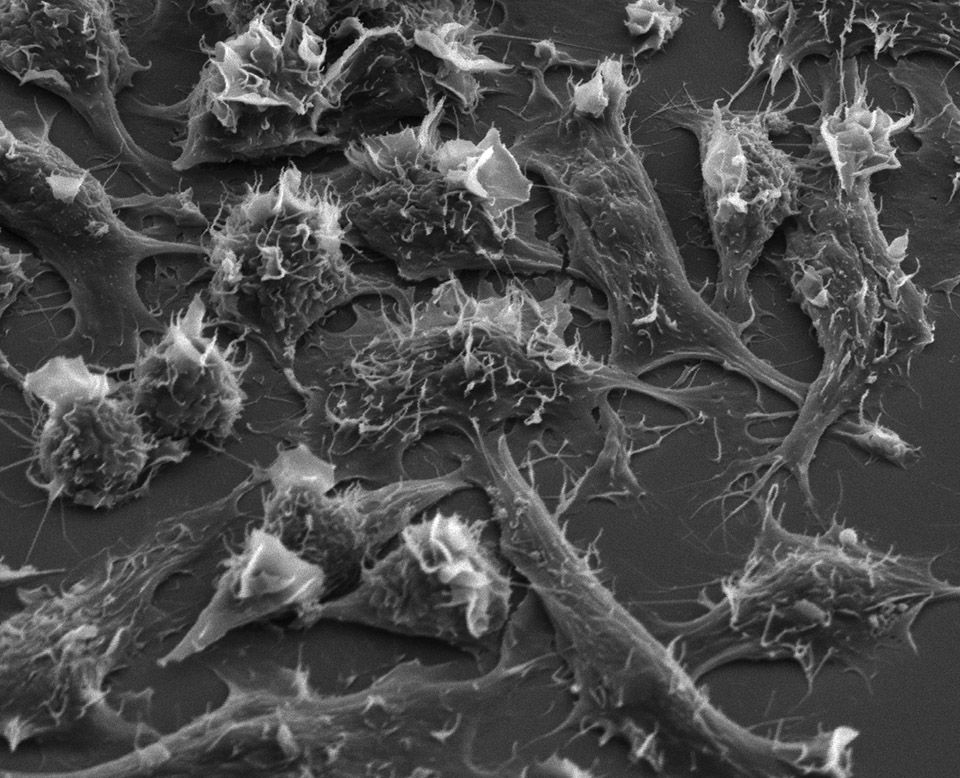
April 2009
April 2009
International team cracks mammalian gene control code
IMB researchers are part of a major worldwide effort understanding how genes are controlled and discovering the tiniest genetic element yet known.
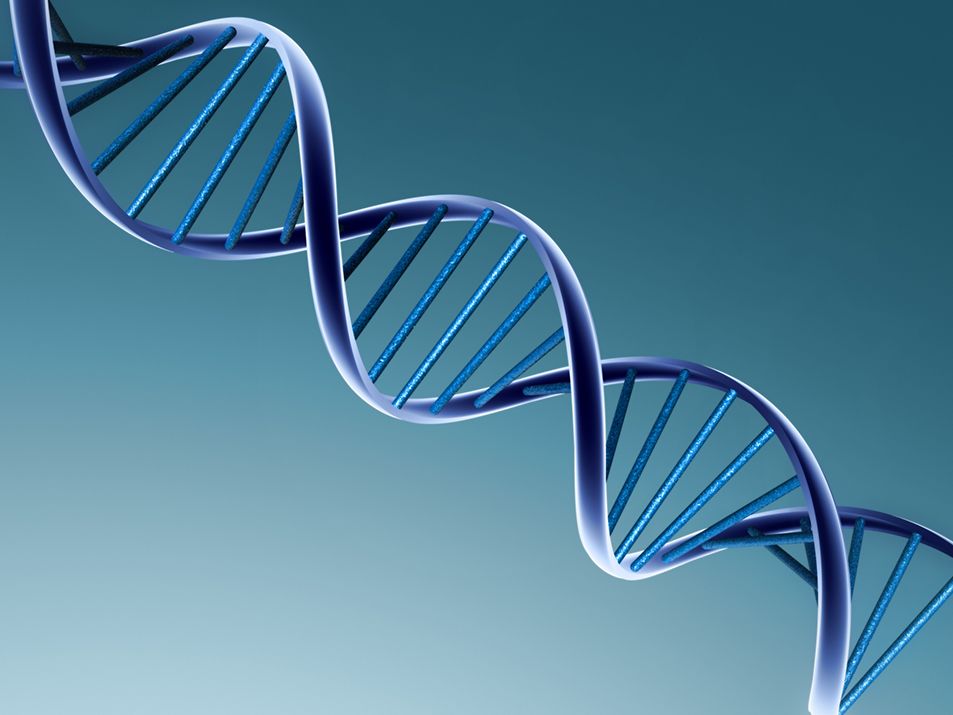
October 2012
October 2012
Unmasking the deadly secrets of pancreatic cancer
The underlying mutations responsible for pancreatic tumours in more than 100 patients is published – IMB’s contribution to the International Cancer Genome Consortium, a worldwide effort to sequence the genomes of 25,000 tumours from 50 different types of cancer.
April 2013
April 2013
Algae to fuel a renewable future
A solar biofuels pilot plant to develop microalgae as a source of clean energy was opened at Pinjarra Hills in Brisbane.
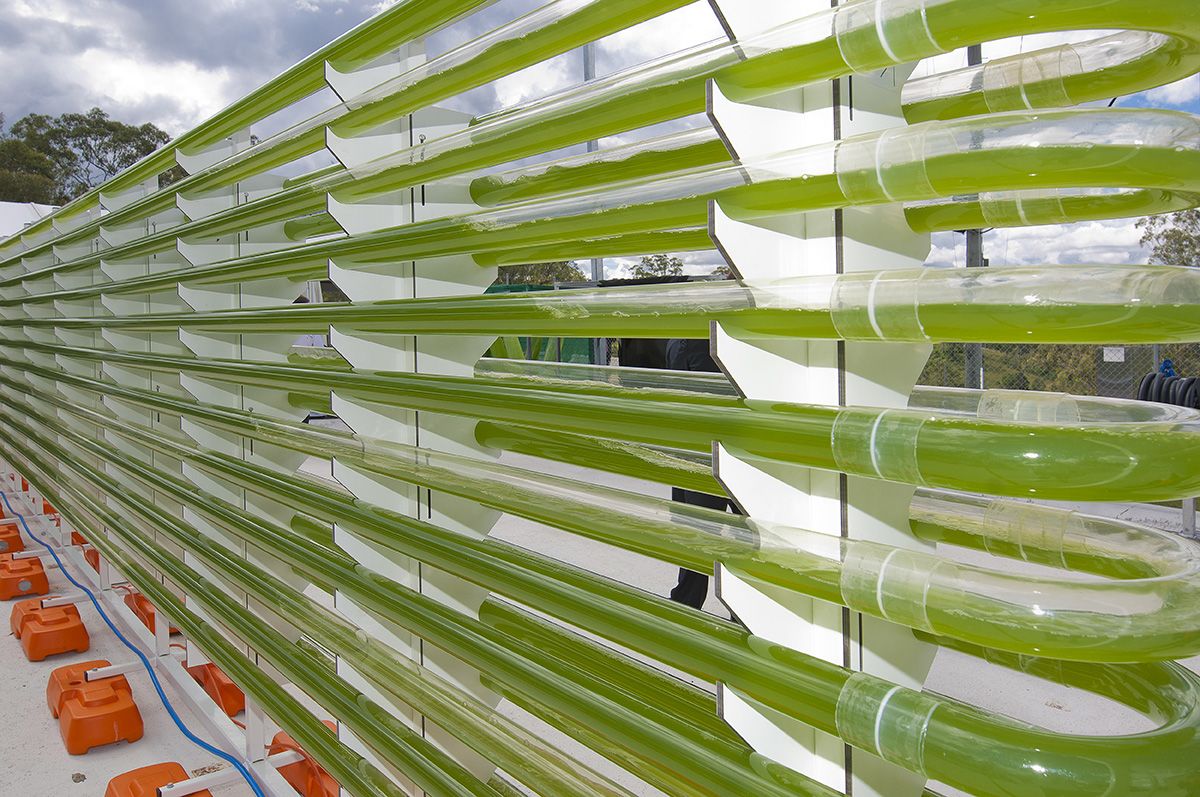
May 2013
May 2013
Mystery disease solved by gene experts
A global team led by IMB researchers discovered a previously-unknown disease caused by a gene never before associated with human disease, providing answers for families of children around the world without a diagnosis.
December 2013
December 2013
Researchers grow kidney from stem cells
IMB researchers announce they have grown a mini-kidney using stem cells, a breakthrough that paves the way for improved treatments for patients with kidney disease.
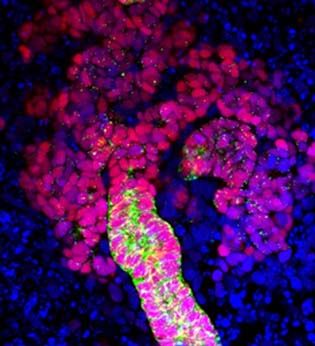
March 2014
March 2014
Developing an oral pain reliever from snail venom
A protein found in cone snail venom is the basis for new substances that could lead to the development of safe and effective oral medications for the treatment of chronic nerve pain.
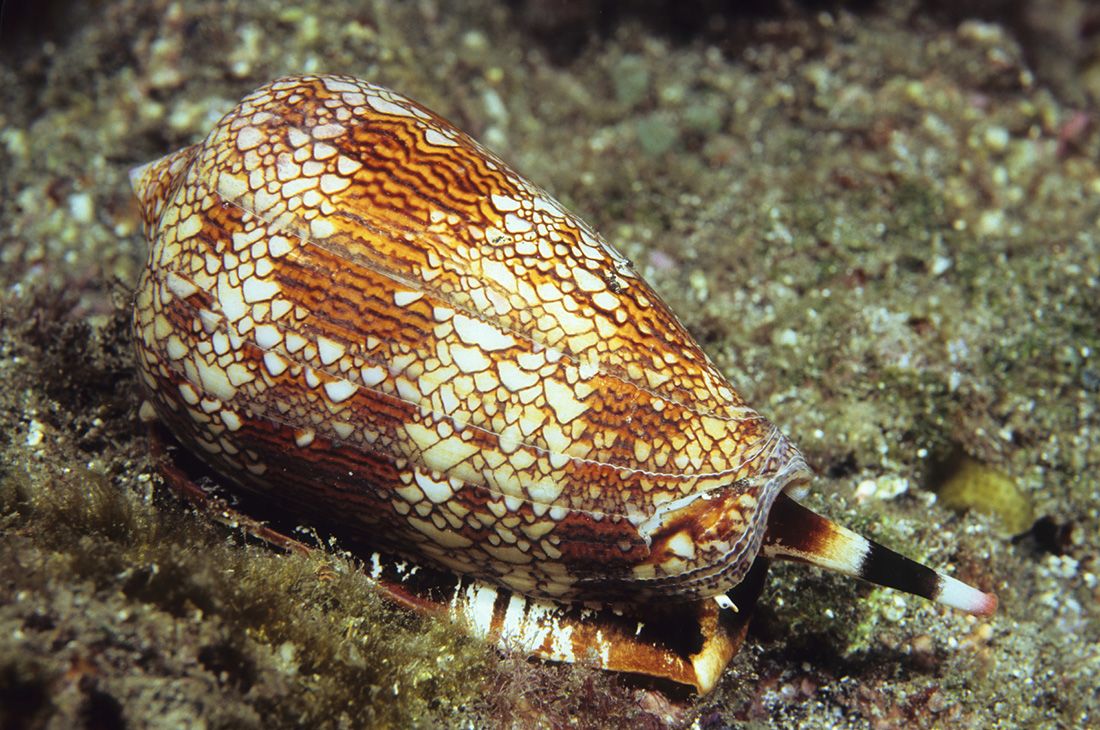
July 2014
July 2014
Mutations identified in global fight against cancer
IMB researchers lead a team identifying the major underlying mutations in pancreatic and ovarian cancers as part of the International Cancer Genome Consortium.
November 2014
November 2014
Genetic test unlocks cause of Brisbane boy’s rare disease
Queensland researchers lead an international effort to uncover the gene behind a young Brisbane boy’s rare developmental condition, which only seven people in the world have been diagnosed with.
February 2015
February 2015
New molecule could improve treatments for inflammatory diseases
A small molecule that blocks a key driver of inflammatory diseases is developed by IMB, UQ and Irish scientists.
March 2015
March 2015
Spider venom may have legs as future painkiller
Seven molecules in spider venom are found that block the pathway that sends pain signals from nerves to the brain, a discovery that could inspire new painkillers.
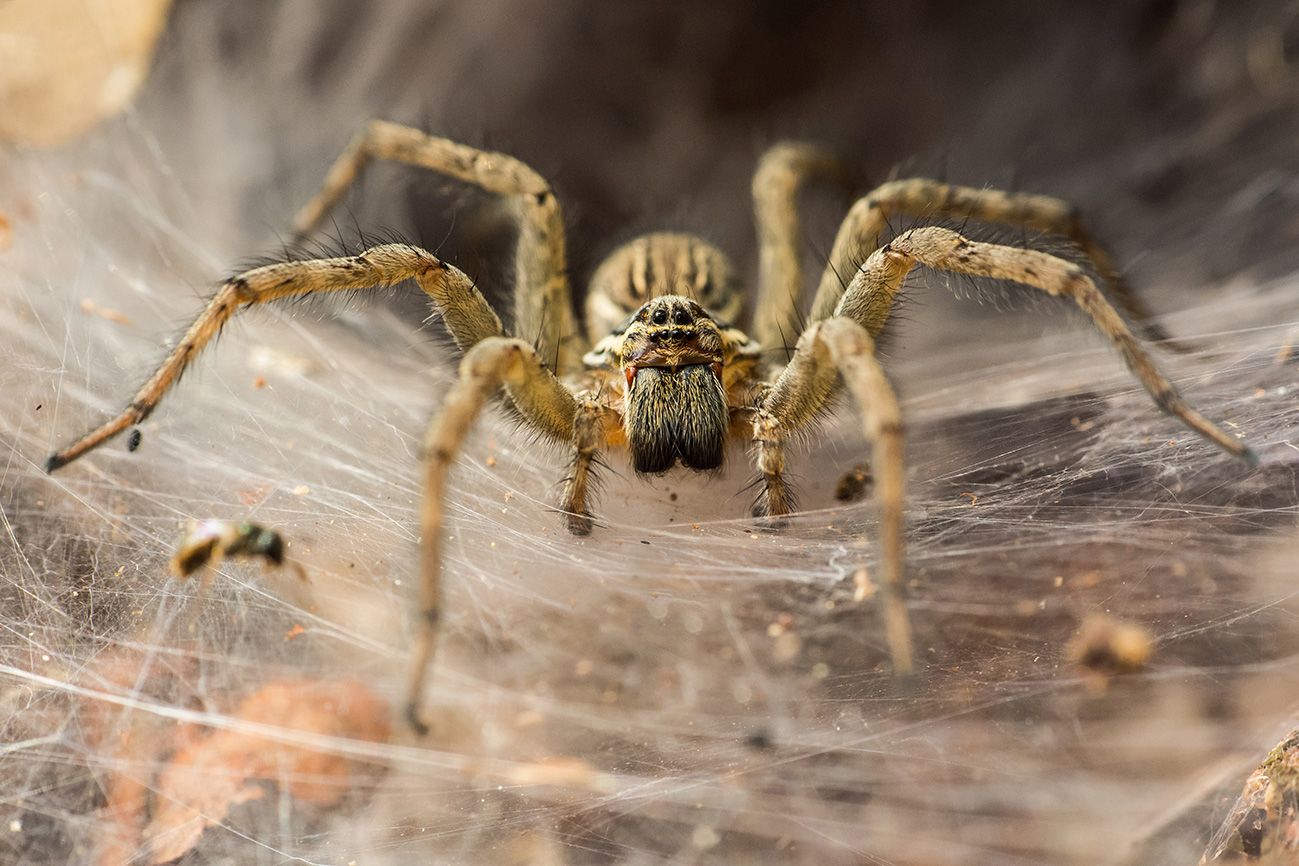
June 2015
June 2015
Worldwide hunt for next antibiotic
A global search to ‘crowdsource’ antibiotics capable of combating superbugs is launched.
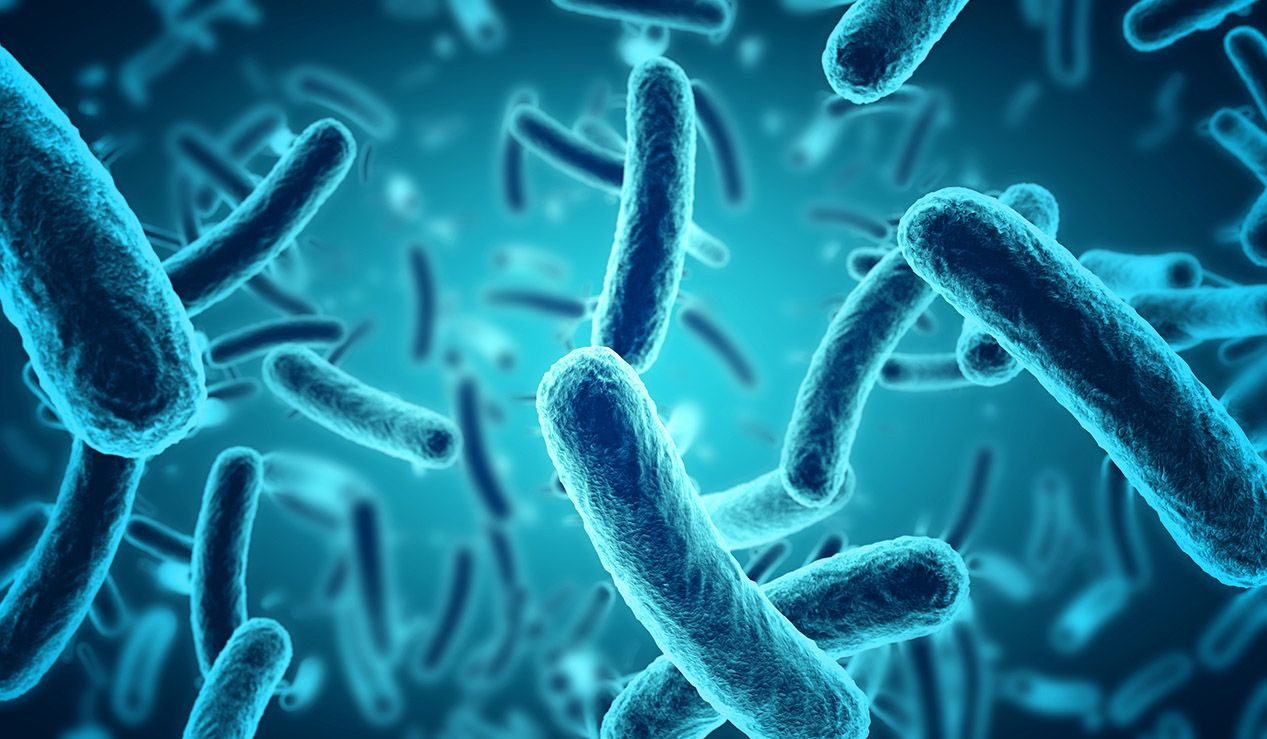
July 2015
July 2015
IMB spin-out raises $40 million to advance drug to clinical trial
Protagonist Therapeutics raises $40 million to begin clinical trials of an oral drug for Inflammatory Bowel Disease.
March 2016
March 2016
Worldwide carbon dioxide emissions could rise more rapidly than expected
CO2 emissions could rise more quickly than expected, locking the world into more rapid global warming, IMB researchers team with other Queensland researchers to discover.
March 2017
March 2017
Fatal spider venom could protect against post-stroke brain damage
Researchers discover that a small protein from the venom of an Australian funnel-web spider could protect the brain from stroke-induced injury.

August 2017
August 2017
Potential treatment for brain cancer as drug shrinks tumours
A drug previously approved to treat breast cancer could also shrink a common form of childhood brain tumour, IMB and international researchers discover.
September 2017
September 2017
Finding new risk factors for motor neurone disease
An international team finds new genetic risk factors associated with motor neurone disease.
January 2018
January 2018
‘Forgotten’ antibiotic offers hope against worst superbugs
‘Forgotten’ antibiotics are taken off the shelf and re-engineered to develop new drugs to combat some of the world’s most dangerous superbugs.
February 2018
February 2018
Scientists discover off-switch for ‘molecular machine’ active in many diseases
Researchers discover how an inflammation process automatically switches off in healthy cells, a discovery that could be the key to stopping damage caused by uncontrolled inflammation in a range of diseases.

March 2018
March 2018
Unlocking the genetic combinations that control complex diseases
Researchers develop a method to pinpoint genes linked to 12 complex diseases, including Crohn’s disease, rheumatoid arthritis, and coronary heart disease.
March 2018
March 2018
Turning plants into medicine factories
Australian researchers take a step closer to turning plants into medicine factories through producing key molecules in a range of plants that do not naturally produce them, but are suitable for large-scale production of pharmaceuticals.
September 2018
March 2018
Fatal spider venom could protect against post-stroke brain damage
IMB researchers discover a peptide in the venom of funnel-web spiders that could drastically reduce brain damage following stroke.
November 2018
March 2018
Start-up raises $63M to develop drugs for inflammatory diseases
Inflazome, a biotech company developing new drugs to block harmful inflammation, secured a further investment of $63 million. The intellectual property is based on work by researchers from UQ’s Institute for Molecular Bioscience (IMB) and Trinity College Dublin.
March 2019
March 2018
Harnessing zinc could help us develop non-antibiotic UTI treatments
IMB researchers continued to discover more about our immune system in the effort to find alternatives to the use of antibiotics - investigating zinc in the fight against bacterial infections.
September 2020
March 2018
$600M deal for inflammation start-up
The start-up company Inflazome, which develops treatments for inflammatory diseases, was acquired in a landmark deal by the Swiss multinational pharmaceutical company Roche. The company was based on a research partnership between The University of Queensland and Trinity College Dublin (TCD) and targets inflammasomes, which are understood to drive many chronic inflammatory conditions.
March 2021
March 2018
Backyard scientists key to new antibiotics
IMB launches ‘Soils for Science’ - a citizen science project aiming to unearth new antibiotics in backyards, gardens and farms across Queensland.
July 2021
March 2018
Repairing hearts with deadly spider venom
A peptide found by IMB researchers in the venom of funnel-web spiders, was found to prevent damage caused by a heart attack and extend the life of donor hearts used for organ transplants.
